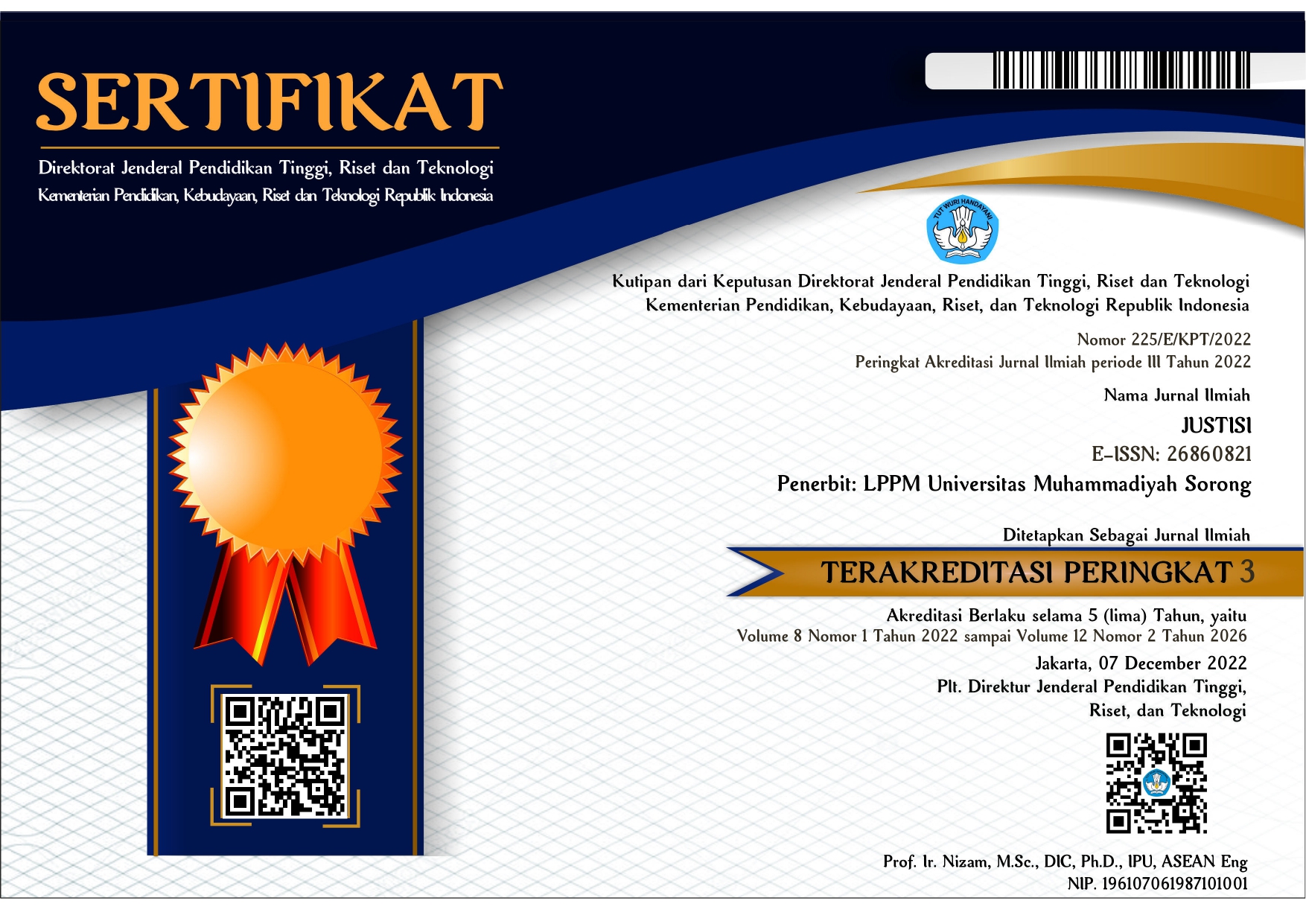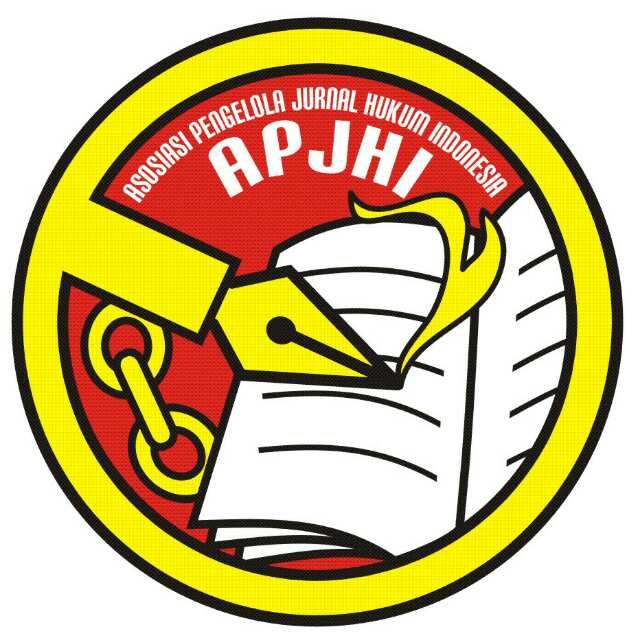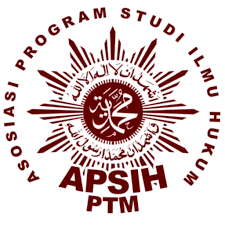The Influence of The Phrase 'Online' on the Fulfillment of Public Participation in the Formation of Laws Through the DPR Legislative Information System
DOI:
https://doi.org/10.33506/js.v10i3.3449Keywords:
Copyright, Illegal Procurement, Audio Watermarking, Digital PlatformsAbstract
This research aims to analyze the influence of the phrase 'Online' on the fulfillment of Public Participation in Law Formation through the DPR's legislative information system. This research uses a normative legal research approach which includes legislative, conceptual and historical approaches. Method: The data collection approach in this research is library research. The data obtained is then processed through three stages, namely data reduction, data presentation, and drawing conclusions. Results: Research findings show that the term 'online' in article 96 of Law Number 13 of 2022 requires the DPR to be able to assist in implementing community involvement, one of which is through sileg. Apart from that, based on the provisions of Secretary General Number 13 of 2020 and the parliamentary website guidelines that have been prepared by the IPU, improvements and developments need to be made in the implementation of Sileg. Novelty: The novelty of this research comes from the research object, namely the formation of laws through the DPR Legislative Information System in the context of the influence of the phrase 'Online' on the fulfillment of community participation. Conclusion: Adequate information in Sileg at all stages of law formation can facilitate and encourage public participation in providing input on each bill that is being discussed and/or will be discussed in the DPR. The ideal implementation of sileg is as an online medium for people to carry out more meaningful community activities.References
Abrar, Sabrina Ainun Sorraya. “Politik Tata Kelola Program Pengolahan Sampah Energi Listrik (PSEL) Di Kota Makassar= Policy Governance of Waste to Energy (WTE) Program in Makassar City.” Universitas Hasanuddin, 2024.
Agustina, Indah Restasari. “Implementasi Open Government Indonesia Melalui Saluran Youtube Resmi Sekretariat Presiden.” Jurnal Komunikasi Profesional 7, no. 1 (2023): 134–51.
Anggoro, Heriyono A. “Konsep Dan Perkembangan E-Parliament.” Online, October 1 (2020).
Arnstein, Sherry R. “Citizen Participation Is Citizen Power.,” 1969.
Callahan, Kathe. “Citizen Participation: Models and Methods.” International Journal of Public Administration 30, no. 11 (2007): 1179–96.
Collins, Josua Satria. “Perwujudan Meaningful Participation Dalam Proses Legislasi Melalui Revisi Kedua Undang-Undang Nomor 12 Tahun 2011.” Volume 12 Nomor 2, September 2022, 2022, 14.
Dahl, Robert A. Polyarchy: Participation and Opposition. Yale university press, 2008.
Davis, Gordon B, and Margrethe H Olson. Management Information Systems: Conceptual Foundations, Structure, and Development. McGraw-Hill, Inc., 1984.
Dewan Perwakilan Rakyat Republik Indonesia, Dewan Perwakilan Rakyat, and Republik Indonesia. “Blue Print Implementasi Reformasi DPR RI 2014-2019.” Sekretariat Jenderal dan Badan Keahlian DPR RI, 2017.
Dondokambey, S. M. A., Pinasang, D. R., & Palilingan, T. N. (2023). Penerapan prinsip partisipasi masyarakat bermakna (meaningful participation) dalam pembentukan peraturan daerah. Lex Privatum, 11(2), 1-11.
———. “Ringkasan Laporan Kinerja DPR RI Tahun Sidang 2020-2021 14 Agustus 2020-15 Agustus 2021: DPR Hebat Bersama Rakyat.” Dewan Perwakilan Rakyat Republik Indonesia, 2021.
Fajri, M Nurul. “Legitimacy of Public Participation in the Establishment of Law in Indonesia: Legitimasi Partisipasi Masyarakat Dalam Pembentukan Undang-Undang Di Indonesia.” Jurnal Konstitusi 20, no. 1 (2023): 123–43.
Fauzi, Rizki Ahmad. Sistem Informasi Akuntansi (Berbasis Akuntansi). Deepublish, 2017.
Hidayati, Siti. “Partisipasi Masyarakat Dalam Pembentukan Undang-Undang (Studi Perbandingan Indonesia Dengan Afrika Selatan).” Jurnal Bina Mulia Hukum 3, no. 2 (2019): 224–41.
Junaenah, Inna, Abd Shukor Mohd Yunus, and Normawati Hashim. “Adequacy of Public Information for Meaningful E-Participation in Policy-Making: Human Rights-Based.” JSEAHR 6 (2022): 153.
Kamarudin, Kamarudin. “TINJAUAN YURIDIS PARTISIPASI MASYARAKAT DALAM PROSES PEMBENTUKAN UNDANG-UNDANG.” Perspektif Hukum 15, no. 2 (2017): 165–84.
Lubis, M Solly. Opini Kebijakan Melalui Pendekatan Politik Hukum & Kebijakan Publik. CV. Mandar Maju, 2020.
Milakovich, Michael E. “The Internet and Increased Citizen Participation in Government.” JeDEM-EJournal of EDemocracy and Open Government 2, no. 1 (2010): 1–9.
Mochtar, Zainal Arifin. “Antinomi Dalam Peraturan Perundang-Undangan Di Indonesia.” Hasanuddin Law Review 1, no. 3 (2015): 316–36.
Mushoffa, I, M N Hidayatulloh, and A Fahruroji Sofyan. “Konsep Memperdalam Demokrasi Dari Prosedural Ke Substantif, Menuju Representasi Politik Yang Berkualitas.” Malang: Intrans Publishing, 2016.
Ningrum, Dian Ayu Widya, and Antikowati Antikowati. “Perluasan Makna Partisipasi Masyarakat Dalam Pembentukan Undang-Undang Pasca Putusan Mahkamah Konstitusi.” Jurnal Konstitusi 19, no. 4 (2022).
Pureklolon, Thomas P. Komunikasi Politik. Gramedia Pustaka Utama, 2016.
Ramli, Ahmad M, Rika Ratna Permata, Ranti Fauza Mayana, Tasya Safiranita Ramli, and Maudy Andreana Lestari. “Pelindungan Kekayaan Intelektual Dalam Pemanfaatan Teknologi Informasi Di Saat Covid-19.” Jurnal Penelitian Hukum De Jure 21, no. 1 (2021): 45–58.
Retnowati, Endang. “Keterbukaan Informasi Publik Dan Good Governance (Antara Das Sein Dan Das Sollen).” Perspektif 17, no. 1 (2012): 54–61.
Rofiandri, R., & Nurtjahyo, L. I. (2021). Penguatan partisipasi publik dalam proses legislasi di tengah pandemi Covid-19: Proses pembentukan undang-undang dan ruang partisipasi publik. Laporan Studi Dokumen. Cakra Wikara Indonesia.
Roza, Darmini. “Partisipasi Masyarakat Dalam Pembentukan Perundang-Undangan Untuk Mewujudkan Indonesia Sejahtera Dalam Pandangan Teori Negara Kesejahteraan.” JCH (Jurnal Cendekia Hukum) 5, no. 1 (2019): 131–44.
Yozami, M. A. (2024, Agustus 13). Pentingnya keterbukaan akses bagi publik dalam proses legislasi. Hukumonline. https://www.hukumonline.com/berita/a/pentingnya-keterbukaan-akses-bagi-publik-dalam-proses-legislasi-lt5f8782ad695df/
Downloads
Published
How to Cite
Issue
Section
License
Copyright (c) 2024 Yuwinda Sari Pujianti, Indra Perwira, Inna Junaenah

This work is licensed under a Creative Commons Attribution-ShareAlike 4.0 International License.









